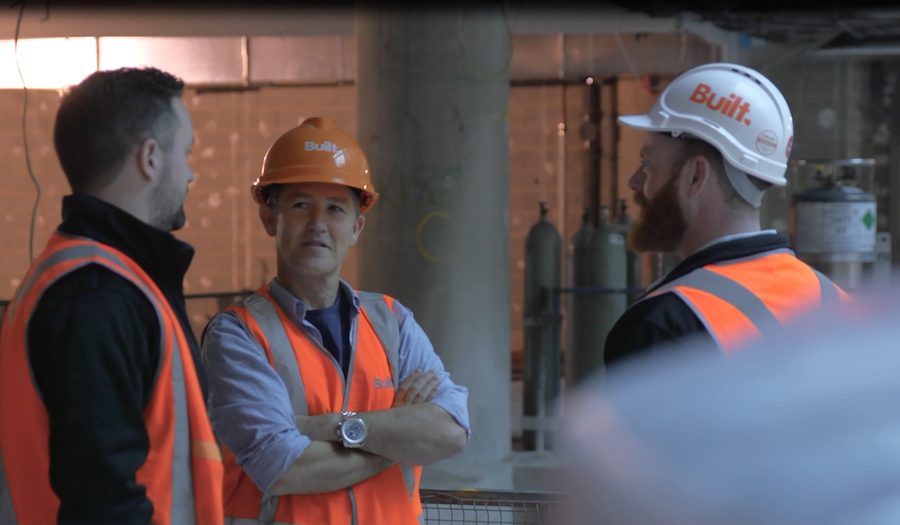“Universities will want to play a role, industries will want to play a role, start-ups will want to play a role.” These were the words of NSW Premier Mike Baird recently speaking to the ABC about plans to transform Sydney’s inner-west foreshore into a new tech hub. A development some say is long overdue – not least, one of Australia’s most successful tech start-ups, Atlassian, who have been lobbying for the development for months.
There’s a growing appetite for industry, technology and education to collaborate and nurture start-ups. And it needs to be stimulated. Here’s the story of one start-up, founded upon the idea of breaking down industry traditions and ingrained processes with the weapon of the age – technology. A story which could be an inspiration for many more.
Chartered Accountant by trade, Lincoln Easton started his career at PriceWaterhouseCoopers in Melbourne before travelling to London to work in investment banking. After 7 years in London, Lincoln returned to Australia for a position at Easton Builders as CFO. There, responsible for a growing business with with an annual turnover of $50 million, Easton became exposed to one of the biggest pain points in the construction industry: submittal and approval of progress claims, a series of invoices prepared at different stages of a construction project.
When completed properly, progress claims show the original contract amount, changes to that amount, as well as money paid, due and remaining. And therein lies the problem. Traditionally a painstakingly manual process, claims are often lost, calculations are inaccurate and variations are refuted.
Lincoln said “I saw firsthand the issues that arise in such manual, paper-based processes.
“Issues lead to needless disputes with subcontractors and can ultimately lead to tradies being pulled from site with consequent time, money and risk implications.
“All these issues were screaming out at me, and I knew there had to be a better way. With almost all tradies on site owning a smartphone these days, a cloud-enabled app that connected contract parties to the one source of truth was an obvious solution.”
That solution was Progressclaim.com, a software that allows users to administer payment claims collaboratively via a computer, tablet or mobile phone. The system then talks directly to other construction or accounting systems.
“There’s a real need for our solution,” Lincoln said.
“Progressclaim.com provides transparency and efficiency in the submittal and certification process – meaning less downtime, fewer disputes, and ultimately, faster throughput.
“Our clients have reported that using Progressclaim.com has reduced invoice processing time by 40 to 50 per cent,” he said.
An industry set in its ways, Lincoln acknowledges that it hasn’t been easy to crack the construction industry with Progressclaim.com’s new technology.
“Construction has historically been slow to embrace technology and change,” Lincoln said.
“Some are weary of trying something new, preferring to stick to existing processes.
“Gaining trust and proving credibility with all the decision makers can be a challenge, but we’re finding that as more and more people hear about us, the more excited they are about technologies like ours.”
Following a major marketing push in January 2015, Progressclaim.com’s customers include a growing list of Australia’s top 100 commercial builders and their subcontractors. Skyrocketing user growth has required the business to increase their staff from 4 to 11 since 2014.
And for the many advocates of Australia’s ambitions to become a global leader for new tech business – Lincoln proudly tells Dynamic Business that “Progressclaim.com is designed, built and supported in Australia, by Australians.”

